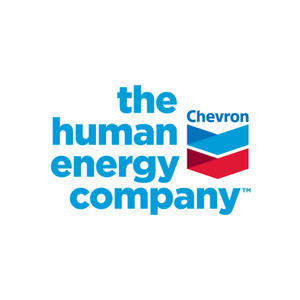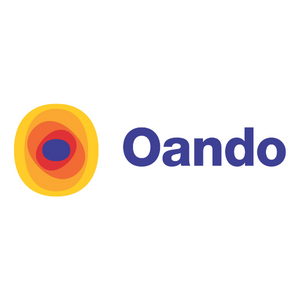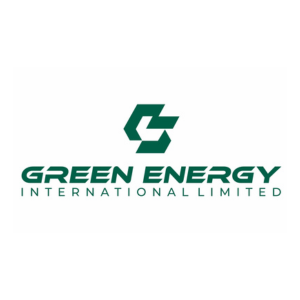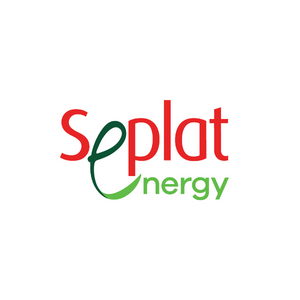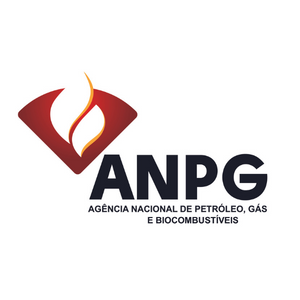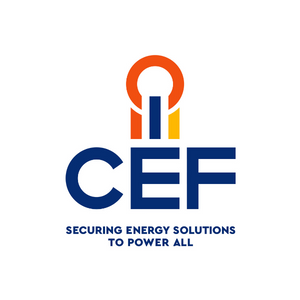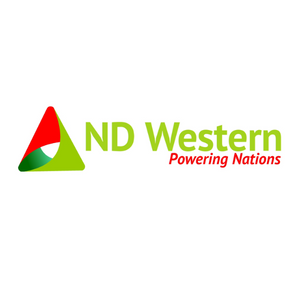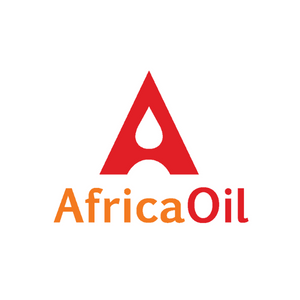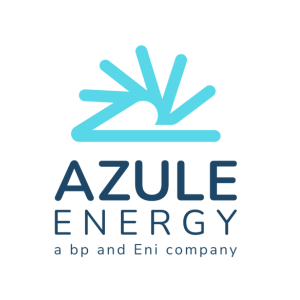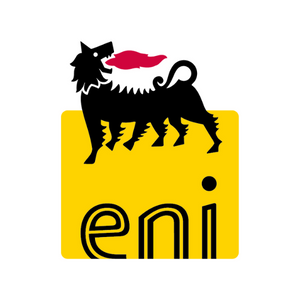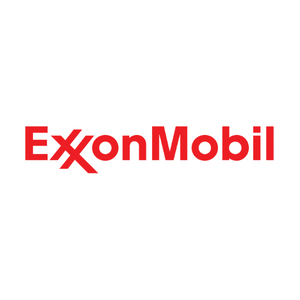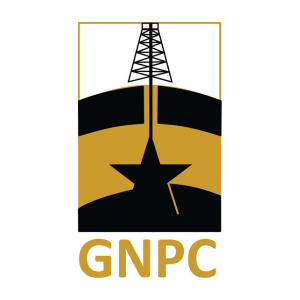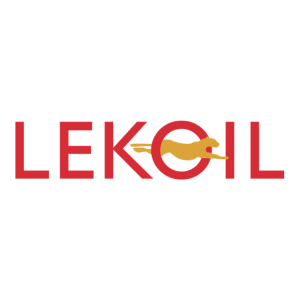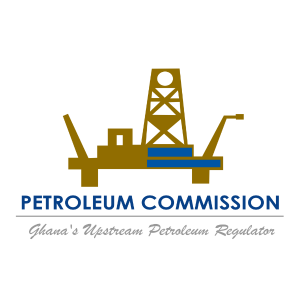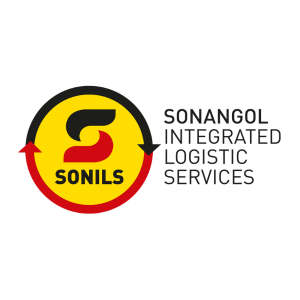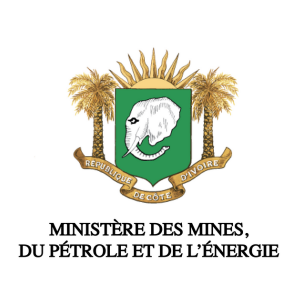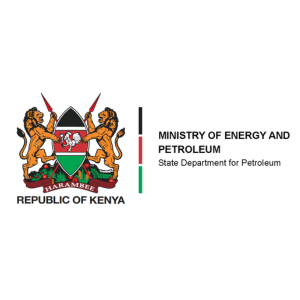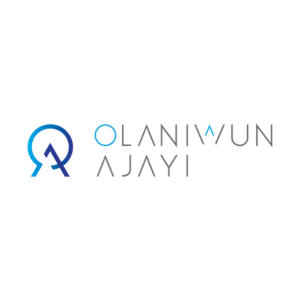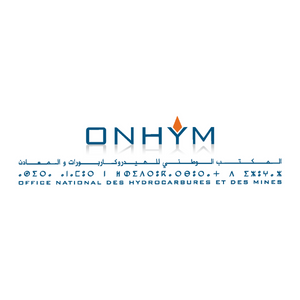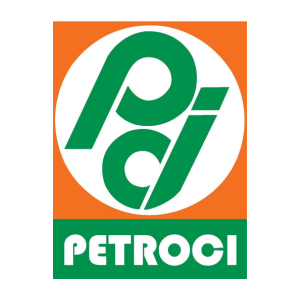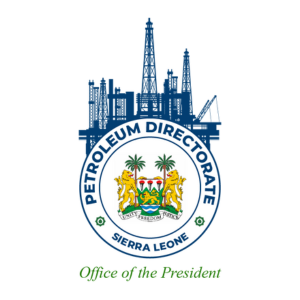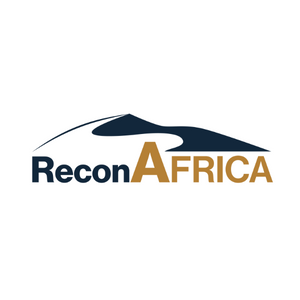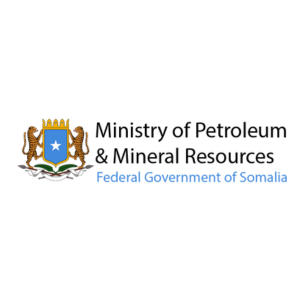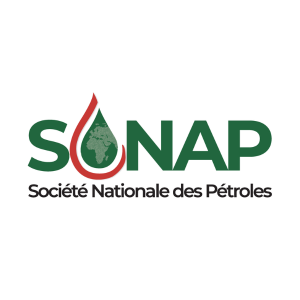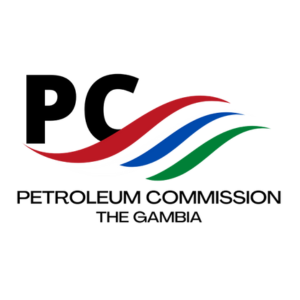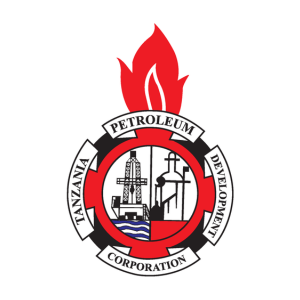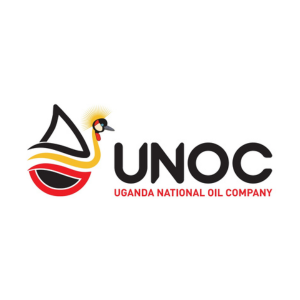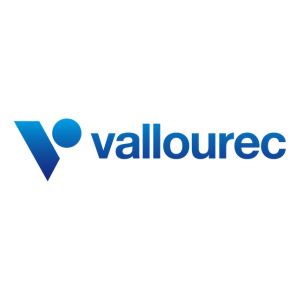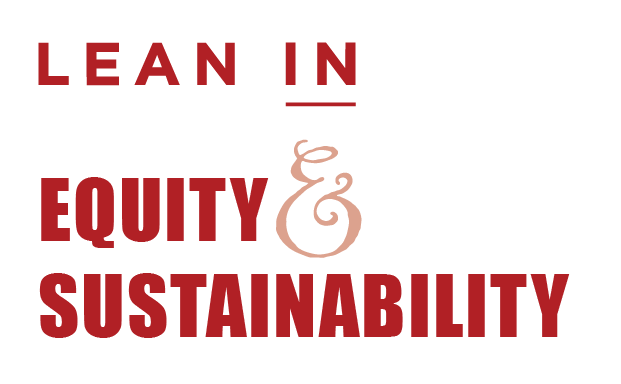Get to know this #aowvirtual speaker.
| We caught up with AOW Virtual Natural Gas Vs Renewables Debate participant Luc Koechlin. Luc is MD, Head of Southern Africa at EDF. Before arriving in South Africa in 2017, he occupied various positions within the EDF Group including Regional CFO, Project Manager and Regional Commercial Director. |
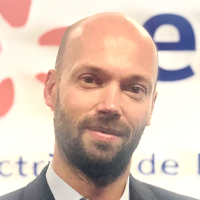 |
Currently, the most exciting is definitely Mpatamanga, a 350MW hydropower project in Malawi. Along with our partner SN Power, EDF has been selected to submit an offer for the development of this project.
Having said this, Round Five of the REIPPPP in South Africa, which has been announced for the end of 2020, is also worthy of mention. EDF intends to submit excellent wind, solar and possibly even storage projects.
We know that in accordance with French energy policy, EDF plans to double its share of renewable energies by 2030. Is EDF equally committed to driving the expansion of renewables within Africa, or is it primarily focusing this drive on more developed, European markets?
You are right, according to EDF’s ‘Cap 2030’ Strategy, we plan to double our share of renewables – though it is worth noting that we are already Europe’s leading producer of renewable energy.
We also plan to triple our international footprint and Africa is a key strategic area for this. We are currently developing large hydro projects, including Nachtigal in Cameroon (400 MW in construction), but also wind (150 MW in operation in South Africa) and solar projects (Noor, 800 MW in Morocco). Importantly in the African context, we are also involved in rural electrification programmes across the continent, as we believe that providing a solar home system or mini grid is the only way to give electricity to the millions of Africans not currently connected to the grid.
As a current resident of South Africa, do you think renewable power will be the key to ending load-shedding and securing the country’s energy future. If so/not, why?
Being a South African resident and working in the electricity space is extremely frustrating! We have got money to invest and projects ready for the country.
Renewable power must play a key role in ending load-shedding. EDF already operates wind farms in South Africa, and our ambition is to be one of the key players for the next round of SA IPPs.
However, renewables cannot be the only solution. There is a lack of baseload in the country and renewables and storage won’t be enough to replace ESKOM’s old coal-fired power plants. We are currently working on gas-to-power projects, or even better in our view, on new nuclear projects for the country.
What role do you see gas-to-power projects playing in Southern Africa going forward?
There have been unexpected discoveries of gas resources in Southern Africa over the past years, which is excellent news for a region which needs to diversify its energy sources. The demand driver for the region is South Africa, but the gas resources are mostly in Angola and Mozambique. There is certainly a gas economy and regional cooperation to be built. It is going to take time, but this will happen and EDF will be there to invest in Gas Combined Cycles!
Currently, South Africa has two nuclear reactors generating 5% of its electricity. Though it does not have a nuclear reactor, Namibia, another country in the region, has long been a commercial uranium miner. Do you believe nuclear power is likely to play a more significant role in Southern Africa going forward?
You may not know that, along with its subsidiary Framatome, EDF has been building the South African nuclear reactors.
The country’s government needs to make the ultimate decision, but we strongly believe that going forward, nuclear should play a crucial role as a carbon free complement of renewable energy. In our view, it would be a huge economic and human waste to write off this legacy, when the world desperately needs low carbon energy.
South Africa has strong nuclear experience and skills. For example, Koeberg nuclear power plant has been very well and safely operated over the past thirty years. Without this power plant the country would permanently be in stage 2 load shedding.
You’re participating in “The Energy Debate: Natural Gas Vs Renewables” at AOW Virtual. Can you tell readers why they should tune in to the session?
I suspect I may be in the minority as I’m not a 100% supporter of natural gas. This will make for an interesting debate!
Jokes aside, the region is about to develop huge gas resources and at the same time the whole electricity sector is now moving extremely rapidly to low carbon energy. Ten years ago, who could have imagined that a coal fired power plant could not be financed anymore?
It will be interesting to see how historic oil and gas players are moving in this new context.

